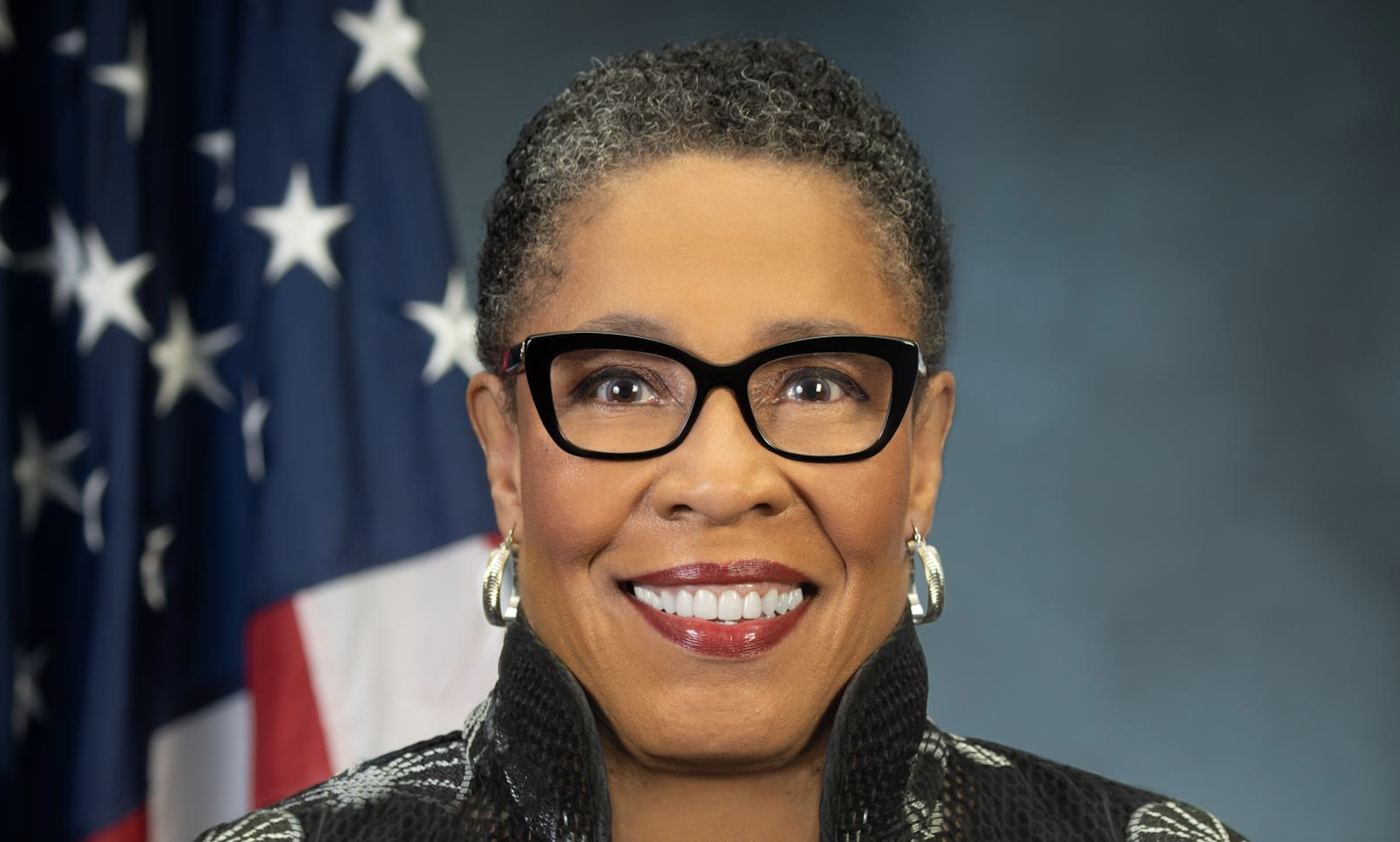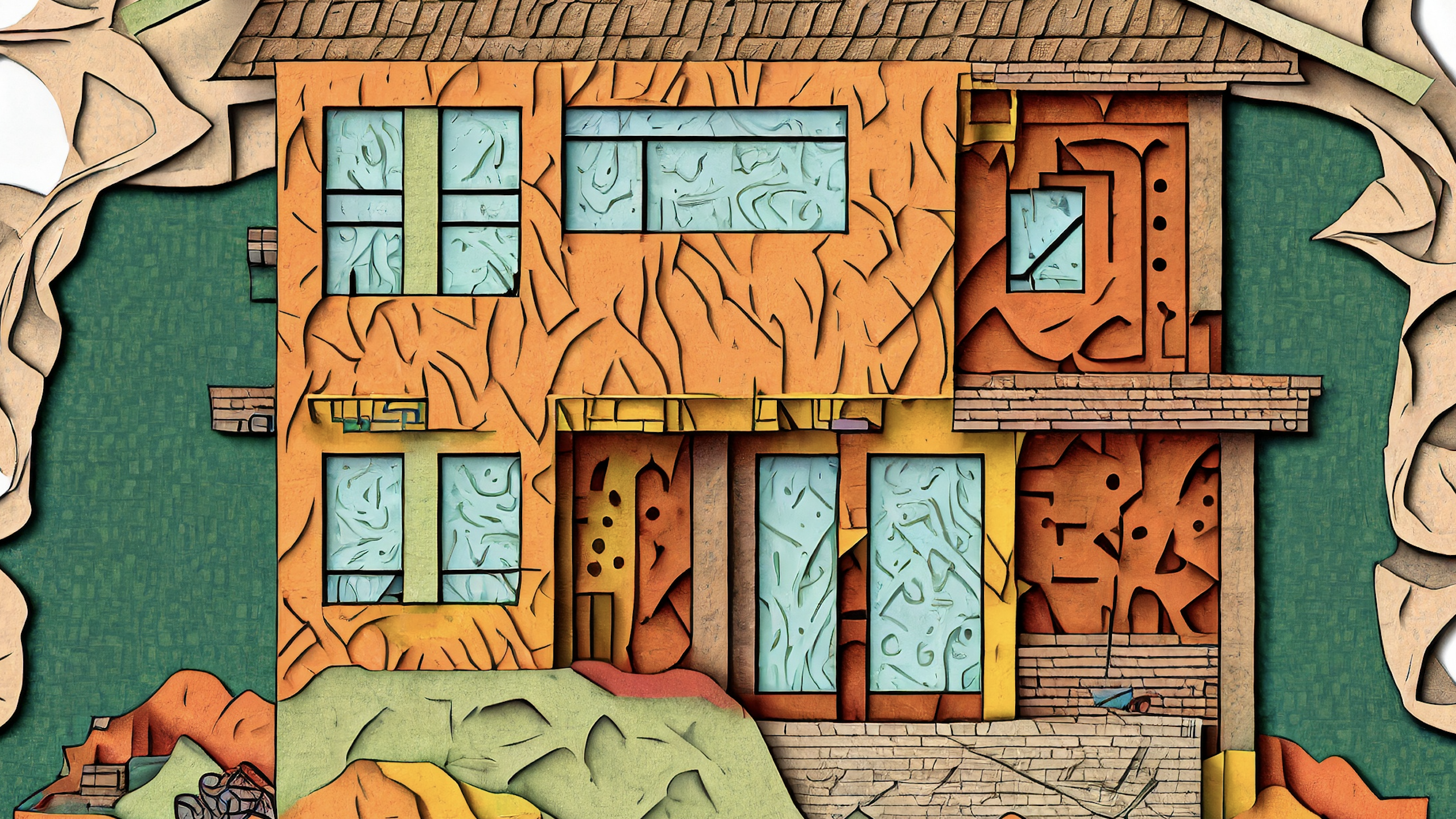|
It's critical to a custom builders' quality reputation to find the best trade contractors in their market and then get those contractors' best crews to work on their jobs. So it's a big concern that, because of the housing slump, many top trade contractors are now shifting crews into commercial work.
"It's a problem for the builders, and for me," says Sandra Clinger of Lifestyle Interior Design, a
 |
Clinger laments that the crews she's sometimes working with now have never done what she's asking them to do. "I'm used to having the top guys on my jobs because what we're doing is really complicated. But today, the top guys may be working on a bank lobby or a hospital."
What's driving the movement of trades away from residential work, custom builders say, is the decline in jobs. But in most markets, high-end custom housing has not fallen nearly as much as mainstream production building. Still, home prices are down. Custom clients want to pay less for a home today than during the boom years. And that means less work to go around.
Still, a number of top custom builders around the country say these problems are really an opportunity in disguise. Custom builders who work with their trades to meet the new pricing dynamics are able to keep themselves — and their trades — busy. Providing a cushion against the slumping market gives custom builders an opportunity to keep the best trade crews on their jobs, which will help when the market comes back and the best trades can pick their projects.
Here's what some of the top practitioners of this strategy tell us about five strategies to keep the best crews on their jobs today.
1. Pay fast!Virtually every custom builder we talked to says getting the money for a job to the trade company
 |
|
"Our trades are loyal because we keep them busy, even when the rest of the market tanks." - Nick DiCosola, Distinguished Dwellings |
DiCosola says a lot of his trades are doing more commercial work, but he still gets the best crews because of fast pay and the loyalty he's built by being a steady source of work for many years. "My family has been in this business for 30 years," he says. "I have trades that have been with me for 20 years, and our business at the high end of the market doesn't fluctuate as much as lower price ranges. We built two huge houses last year, and this year it will be four. Our trades are loyal because we keep them busy, even when the rest of the market tanks."
When the market comes back for production builders, DiCosola says he'll still get the best crews, even when they are in great demand, because his work is steady — and he's quick to pay.
It's not true in every market, but in many the best residential trade crews are found in smaller companies, and those smaller companies often operate more hand-to-mouth. Getting their money to them fast is more important than to the big contractors that specialize in the commercial sector. "Paying them at all is important; fast just makes it that much better," says Charley Hannah, principal of Hannah Bartoletta Homes in Tampa, Fla. "In our market, some production builders are not paying their bills. And trades that used to stay in custom work ventured into production to keep their crews busy. A lot of them regret it now."
2. Build personal relationships and use small, local contractorsThis tip is the other side of the pay-fast coin. It makes sense for small, custom builders to seek out small trade contractors. Custom builders usually spend a lot of time on the job site. They get to know not only the owners of trade companies, but also crew chiefs and even tradesmen. Those personal relationships still matter — especially in the custom arena, where big, expensive homes allow everyone involved to do their best work. The professional pride that engenders builds loyalty.
"We offer challenging work that stimulates their pride of craftsmanship," says Denver custom builder Tom Sattler, "but it's the personal relationship with the owner of a custom-building company that tradesmen value most. They don't get that in commercial or even in production residential work."
"It's true that production building involves fewer close, personal relationships among the people working those jobs," says Hannah. "They just crank them out."
In pricey enclaves of the wealthy, like Vero Beach, Fla., there's more separation between trade companies specializing in high-end residential work and those that specialize in commercial, although there's still some crossover in the mechanicals.
"The commercial subs are better capitalized," says Vero Beach custom builder David Croom. "They don't need their money instantly. But our trades do, so we pay weekly. The thing is, they're good — so we do whatever they need.
"The problem we've had lately is that some of our best local trade companies have been sold to national firms. When that happens, they cease being good. If you're doing business with a small, local contractor and you get wind they're going to sell to a big national, you'd better run."
3. Single-source; don't bidNow we're getting to the real nitty-gritty of those close, personal relationships with trade contractors. If you want to build real loyalty with the best contractors, you need real partnering relationships with them. Not just talk, but open-book management.
Rather than beating the trades down on bids, to reach the new level of home prices, some custom builders are willing to open their books and show trade partners they will take a lower margin on a home while asking for a reduction in labor costs. In most cases, these builders use only one or two subcontractors in each trade. Those using two usually have a clear leader, getting 60 percent to 90 percent of their jobs. The backup is a safety net. The real reason for this approach is quality. The companies getting this preferential treatment are the leaders and best in each trade.
Interestingly, builders taking this approach are adamant they still get the price right. "We're open and honest with our trades on the cost pressures we face," says Sattler. "We partner with them, rather than sending a letter demanding 15 percent reductions — as many of the production builders have done. We have a trade council that meets regularly. Our trades know we're taking the hit right along with them. We have to take a lower margin to get a deal."
DiCosola takes a similar approach: "I don't bid work, but I know what the market rate is. I tell them, 'Give me the best price you can. I want to keep us all busy!' Doing it that way, we really do get their best price. I get a price quote, not a competitive bid."
4. Run a tight ship
 |
| Our trades are not only going over the commercial, they're shifting their best crews to those jobs and leaving the third string on the residential jobs." - Sandra Clinger, Lifestyle Interior Design |
"Think from the trades' perspective," advises Southern California-based management consultant Steve McGee of Unify International, "and divide that view into two buckets. The first contains all the things that motivate trades to want to work on your jobs. Paying fast is a motivator, as are personal relationships. But the second bucket contains all the demotivators: the things on your jobs that drive them crazy. For custom builders, those are likely to involve the customer selections process and how that may affect the way work is scheduled. Extra trips really make them nuts, especially with the price of gas going up."
McGee says an efficient process for handling customer's materials and product selections is critical. "Most builders and trade contractors don't appreciate business processes enough," he says.
"If you know clients are likely to make changes in the middle of construction, perhaps because past clients have often done so after seeing the house at framing stage, create a process to deal with that contingency. Develop simple operating procedures, and map the process," says McGee. "Get it down on paper, and make sure all the trades understand the process."
McGee says 19 of 20 builders don't have those processes well enough defined within their own companies, let alone the trades. "In a small company, it often takes only one person leaving to create chaos," he says. "Because the process is not well-defined, nobody knows how to handle it after a key employee leaves."
A project's sequence factors in, too.
"Big, expensive houses create complicated construction jobs," McGee cautions. "Selections are almost never complete before construction begins, so you need to sequence selections with enough lead time to allow the trades to get materials and products to the site when they're needed for the scheduled work. If you measure the costs, for both the builder and the trades, of not having standardized processes, it's huge. Map those processes, get them down on paper and your trades will love you for it."
5. Ask for their opinionWhen trade crews do outstanding work on your houses, tell them about it. Praise that comes personally from the builder works wonders. Many builders now have gone a step further and created award programs to recognize outstanding work. But Clinger says she garners even greater loyalty by asking tradesmen a simple question: What do you think?
"I always tell them how much I appreciate the quality of their work," she says, "and then, periodically, during the job, I ask them to step back and look at what they're doing. Then I say, 'What do you think?' That consultation makes them think they are an intricate part of the team and on the same intellectual and emotional level with everyone else, including the architect and builder. And they often come up with new and better ways to do things, so it's not a one-sided exercise. Trade crews become creative if you allow it to happen."
Clinger says she's now using high-gloss paint on the ceilings of dining rooms. "Painters are not happy about it at first," she says, "because it makes their work harder. But halfway through the job, I ask them to stand back and look at it, and ask, 'What do you think?' And they will invariably say, "Oh my, it really is gorgeous. It makes that ceiling pop!"
It's a simple question. Give it a try.
|
Related Stories
Custom Builder
HUD Secretary Marcia Fudge Announces Forthcoming Resignation
U.S. Department of Housing and Urban Development Secretary Marcia Fudge has said that she intends to leave office later this month
Custom Builder
Floodproof on a Floodplain
An impressive addition to the IDEA Home series, the NEWLOOK Experience Home is a master class in engineering and creative design, with builder Michael Freiburger out-thinking an exceptionally tricky lot
Custom Builder
Why Start a Custom Building Business?
In this Taking Care of Business segment, expert coach and trainer Scott Beebe joins our host Duane Johns to talk about where custom builders could be getting off on the wrong foot
Custom Builder
3 Questions Answered About Reliable Energy in Home Construction
Energy expert Bryan Cordill makes a case for why and how propane is an answer to growing concerns about reliability and resilience in home construction
Business
Custom Builder to Talk Color Design with Becki Owens at IBS
At this year's IBS, renowned designer Becki Owens will sit down with host James McClister, editor of Custom Builder, to discuss a variety of topics from basic color play in design to the Allura Spectrum palette, a collection of Sherwin-Williams colors curated for the benefit of pros
Business
PERC Highlights Sustainability and Efficiency at IBS with 'Clean Build Conversations'
Hear from industry standouts Matt Blashaw and Anthony Carrino at this hour-long Show Village event
Business
The Five Foundational Cornerstones
Business coach Scott Beebe shares insights into the often ignored business basics that could be the difference between long-term success and failure
Custom Builder
Start With the Why: Fundamentals of the Custom Builder Business
In our inaugural episode of Taking Care of Business, host and custom builder Duane Johns sits down with Scott Beebe, head coach and founder of My Business on Purpose, to talk vision, purpose, mission, values, and more
Business
Why AI Is Now Key to Our Trade Partner Strategy
Thompson Custom Homes Business Manager Erin Day explains how AI became a crucial part of building and maintaining successful trade partner relationships
Business
Thriving in 2024: Tips for Succeeding in an Uncertain Environment
Author and sales expert Mark Richardson shares his insights on the industry and how to rethink your approach to success in the new year












